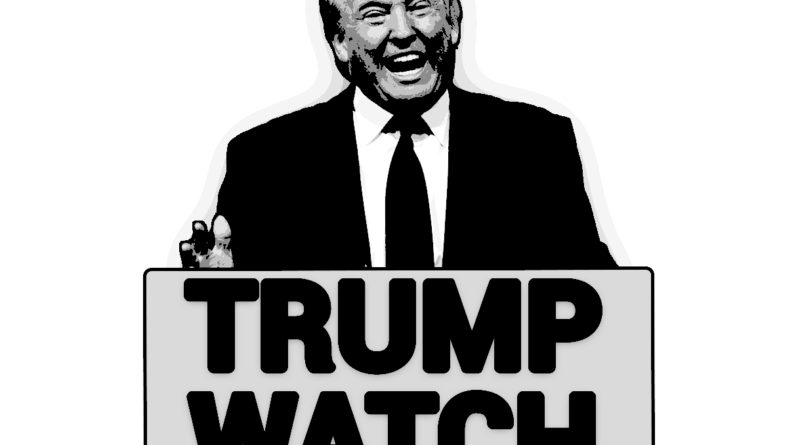The economy cruises under Trump
Donald Trump signed the Republican tax bill into law Dec. 22, 2017. He touts the plan as a great step towards “making America great again.” Designed to simplify the tax code and lower taxes, the plan eliminates most itemized tax deductions, increases the personal deduction, reduces the number of tax brackets to three, and lowers the business tax, along with many other changes.
The country’s economy has undeniably done well during the first year of Donald Trump’s presidency. Unemployment has fallen to 4.1 percent, the median home price is up to $318,700, and the Dow Jones Industrial Average has broken records and risen over 20 percent since Trump took office.
Though part of that growth must be credited to former President Barack Obama, Trump has not caused the market collapse some were expecting. He stated the goal of his economic plan in a speech in Detroit in August 2017. “I want to jump-start America,” he said.
According to Mercury News, capping of the state income tax deduction will likely affect many California households, and coupled with the other changes it may increase taxes for a portion of Californians.
The nonpartisan Joint Committee on Taxation states that the new tax bill will raise the national debt $1.46 trillion over ten years. The tax bill also removes the often-criticized “individual mandate” which penalizes Americans who don’t buy health insurance in order to get everyone to participate.
AP Economics teacher David Roth-Rossi overall does not approve of the bill. “Increasing the deficit is problematic and I do not believe that the growth caused by these tax cuts will be even close enough to cover the loss of revenue,” he said.
He also anticipates that healthcare and social security will be cut to pay for the tax cut, which he calls “not a good idea at all.”

